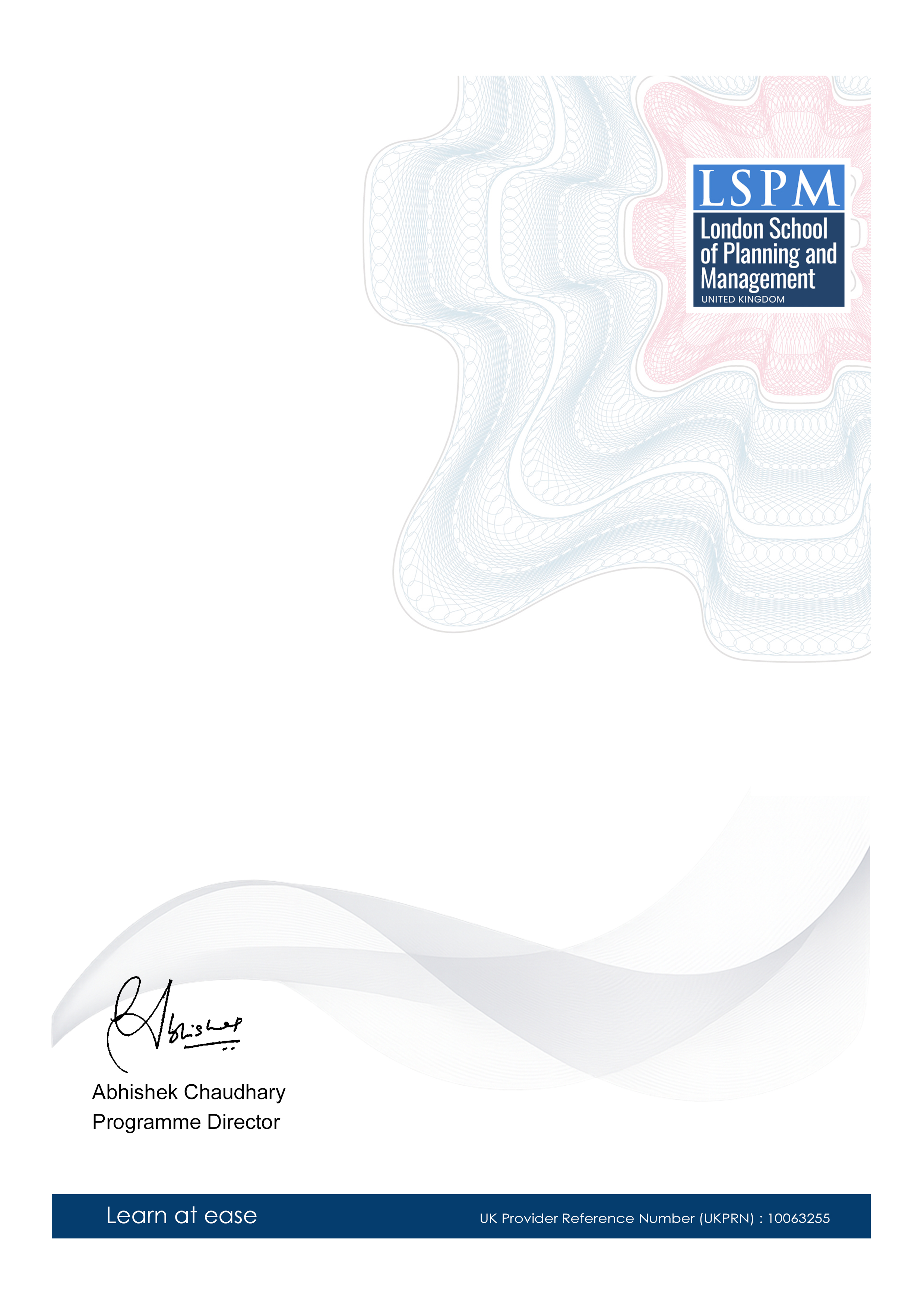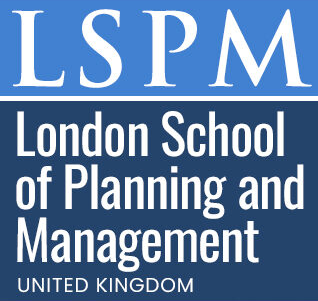Masterclass Certificate in Risk Communication for Humanitarian Organizations
-- viewing nowThe Masterclass Certificate in Risk Communication for Humanitarian Organizations is designed to equip professionals with the skills to effectively communicate about risks in humanitarian settings. The program focuses on developing strategies for risk communication, crisis communication, and community engagement.
3,734+
Students enrolled
GBP £ 149
GBP £ 215
Save 44% with our special offer
About this course
100% online
Learn from anywhere
Shareable certificate
Add to your LinkedIn profile
2 months to complete
at 2-3 hours a week
Start anytime
No waiting period
Course details
Career path
Masterclass Certificate in Risk Communication for Humanitarian Organizations
The Masterclass Certificate in Risk Communication for Humanitarian Organizations is a comprehensive program designed to equip professionals with the skills and knowledge necessary to effectively communicate about risks in humanitarian contexts. This program is ideal for those working in the fields of disaster management, emergency response, international development, and public health.
Career Roles
Here are some of the career roles that benefit from the Masterclass Certificate in Risk Communication for Humanitarian Organizations:
- Risk Communication Specialist: Responsible for developing and implementing effective risk communication strategies in humanitarian contexts. They work closely with stakeholders to ensure that information about risks is clear, accurate, and timely.
- Emergency Risk Officer: Focuses on identifying, assessing, and managing risks in emergency situations. They work with humanitarian organizations to develop risk management plans and procedures.
- Disaster Risk Reduction Specialist: Works to reduce the impact of disasters by identifying and addressing underlying risks. They develop and implement programs to build resilience in communities vulnerable to disasters.
- Public Health Risk Communicator: Responsible for communicating about health risks to the public, including those related to infectious diseases, environmental hazards, and natural disasters. They work with public health organizations to develop and implement effective risk communication strategies.
Job Market Trends
The demand for professionals with expertise in risk communication in humanitarian contexts is on the rise. According to a recent report by the International Federation of Red Cross and Red Crescent Societies (IFRC), there is a growing need for skilled risk communication specialists in the humanitarian sector. This trend is expected to continue as the frequency and intensity of disasters increase, and as more attention is paid to building resilience in vulnerable communities.
Salary Ranges
Salaries for professionals in these roles vary depending on factors such as location, experience, and organization size. However, according to Glassdoor, the average base salary for a Risk Communication Specialist in the UK is £37,000 per year, while the average base salary for an Emergency Management Specialist is £40,000 per year. These figures are likely to be higher for those with advanced degrees or significant experience in the field.
Skill Demand
Skills in risk assessment, crisis management, and communication are highly valued in humanitarian contexts. Professionals with expertise in these areas are well-positioned to make a significant impact in the field. Additionally, experience working in cross-cultural settings and an understanding of the unique challenges faced by vulnerable communities are also highly desirable.
Entry requirements
- Basic understanding of the subject matter
- Proficiency in English language
- Computer and internet access
- Basic computer skills
- Dedication to complete the course
No prior formal qualifications required. Course designed for accessibility.
Course status
This course provides practical knowledge and skills for professional development. It is:
- Not accredited by a recognized body
- Not regulated by an authorized institution
- Complementary to formal qualifications
You'll receive a certificate of completion upon successfully finishing the course.
Why people choose us for their career
Loading reviews...
Frequently Asked Questions
Course fee
- 3-4 hours per week
- Early certificate delivery
- Open enrollment - start anytime
- 2-3 hours per week
- Regular certificate delivery
- Open enrollment - start anytime
- Full course access
- Digital certificate
- Course materials
Get course information
Earn a career certificate

